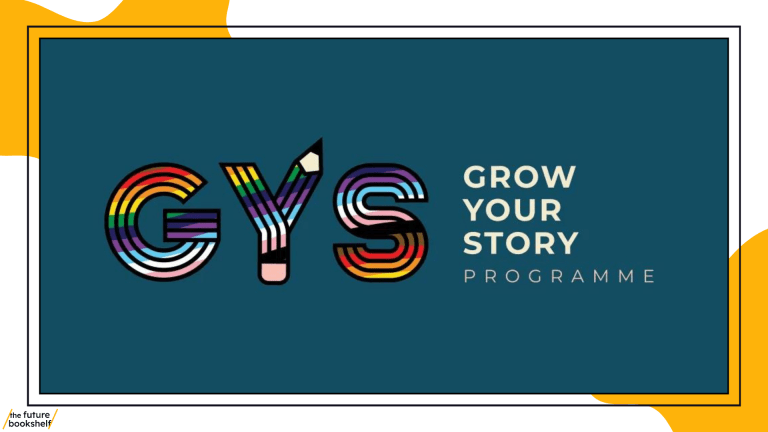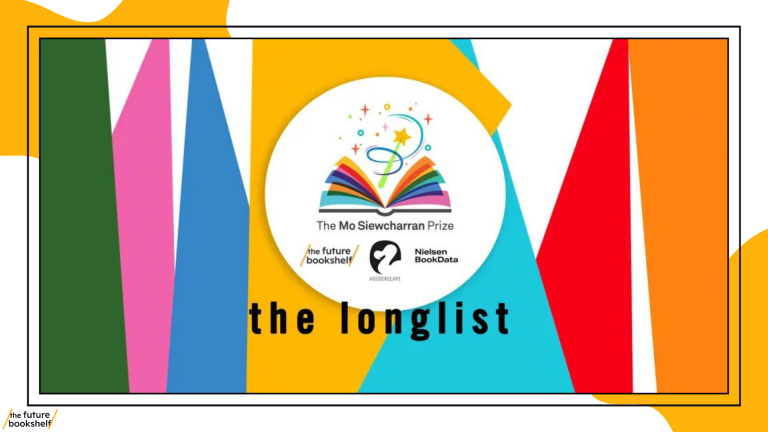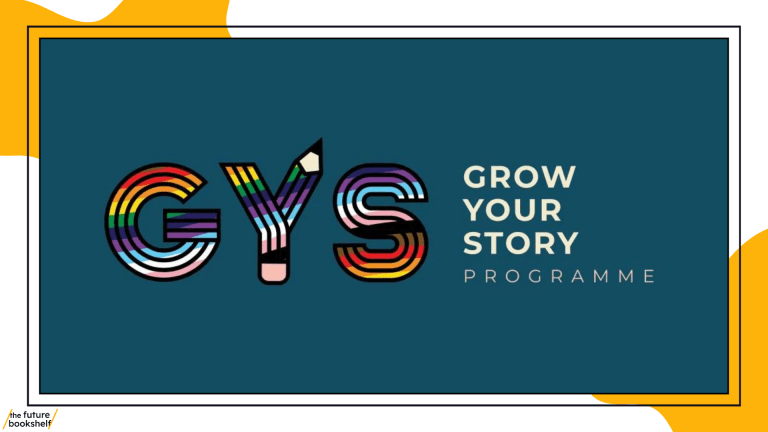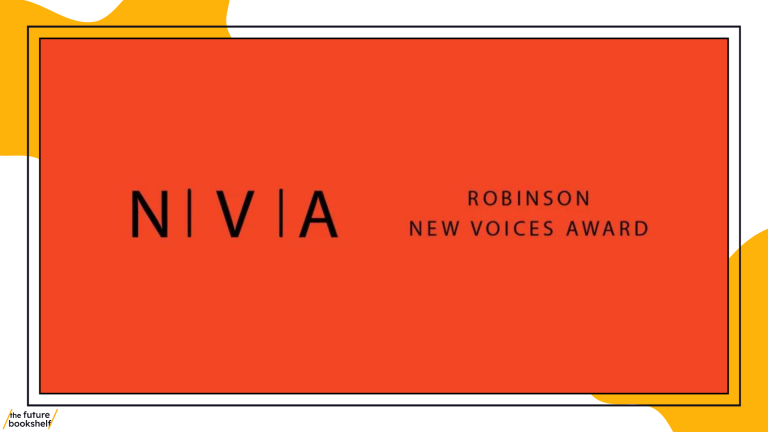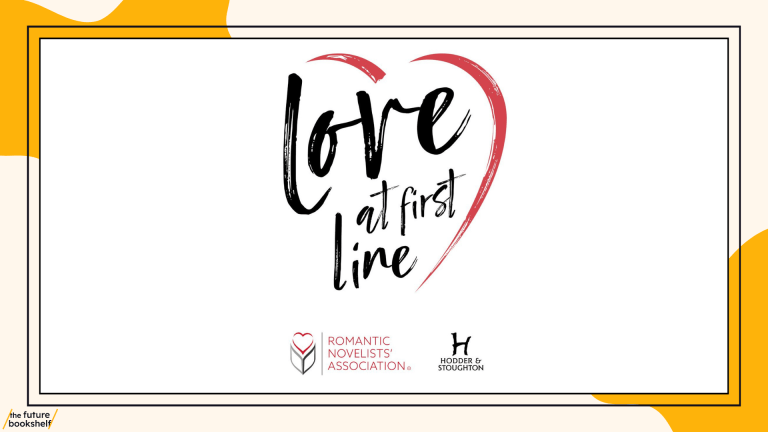Guest Blog – Writing Through Setbacks

How does a writer continue writing whilst faced with setbacks? Louise Walters gives her advice.

When I suggested this theme for my piece, I wasn’t fully aware of just how many setbacks there can be in writing. The obvious one is of course rejection, and all writers know what a particularly depressing setback that is. But there are other setbacks (aka pesky obstacles!) which can be equally frustrating. Let’s list a few. I bet you have experienced one, some or all of these:
- Physical injury (such as RSI)
- Illness: yours, kids, partners or parents
- Writer’s block
- The day job, whether that’s paid employment or parenting or caregiving
- Socialising – with family and/or friends
- Sleep
- TV
- Procrastination
There are many more but I think these are probably the more common ones. I’ve experienced them all apart from (and how thankful am I!) physical injury and writer’s block. So, let’s get the least troublesome setback over and done with first: rejection. What? I hear you cry. Surely that’s the worst of them all? But is it? Think about it. You wrote something – a short story, a poem, a novel, whatever it is, you wrote it. You somehow overcame the setbacks and obstacles listed above and all the others not listed, and you got that thing down. That’s brilliant. It really is. And no doubt you worked hard on it, sacrificing that night out with your friends and those lazy evenings in front of the TV; struggling through colds and coughs and tummy upsets; somehow you found the time. Late nights; early mornings; grabbing those ten minutes in the doctor’s waiting room; that half hour while your kids had their swimming lesson; scribbling through your lunch breaks; You made those minutes count, and they added up, and you were rewarded with a finished piece of work.
You then did something totally cool that really does kick all those obstacles into touch; you sent your work out into the world. That takes guts, it really does. You had the nerve to submit not only your work, but by extension, yourself, to the world. Talk about vulnerable. It gives me shivers just thinking about it.
Hours, days, weeks, maybe even months later your work is returned. “No thanks”. Sometimes not even that. It’s crushing. It feels like a defeat. But you picked yourself up and edited your work, improving it. You sent it out again. You waited a while, and again your work was returned. Maybe there was a reason why that time. Maybe you made further improvements. You sent it out again… and so it goes on. Rejection hurts, but if you are being rejected, it means you are a working author and what’s more, if you are heeding the reasons for rejection, if any are bestowed, you are behaving like a professional author. In a sense, rejection, for all its frustration and disappointment, isn’t a setback at all. It’s the writer’s life and you are living it. Congratulations!
For me, the real setback is lack of time. If I was fortunate enough to have six, seven, eight hours a day to write, I would be in writer heaven. Right now that’s a dream, but I hope one that will come true as my children grow older. Currently I count myself fortunate if I manage two hours a day (not during the day at all, but in the evenings). That’s a very productive day for me. Often I fit in no writing time at all, although I try hard to find time today if I drew a blank yesterday. It’s all about accepting the obstacles and not allowing them to set you back. I have learned to make productive use of the time I do have: procrastination, that truly horrible, messy setback that plagues us all sooner or later, has no place when you only have ten minutes. Seriously, the less time I have to write, the less I procrastinate, and therefore the more I get done; so in that sense I turn my limited time to my advantage. I’ve learned to make concentrated use of the minutes. I can manage 500 words, or ten pages or so of edits, in a ten-fifteen minute window of opportunity. It works for me because it has to. There is no other way at the moment.
I will say, try not to sacrifice time spent with friends and family. They are valuable times in and of themselves… and of course ripe for ideas. I admit to enjoying gossip, listening to tales of woe and joy, and of course that essential activity for a writer, people-watching. All these things feed our imaginations and we shouldn’t skimp on them or feel guilty for indulging, especially if we don’t go out that often.
One obstacle I have managed to overcome is the little box in the corner. Stephen King in On Writing calls television “the glass teat” and he’s right. I no longer watch soap operas or drama series. I don’t watch chat shows, the news, or comedy shows. I can’t afford to. I need to aim for those two hours in the evenings and it’s nigh on impossible to write and watch TV. My husband and I do enjoy quiz shows, so we record Pointless on our Sky box and watch it later in the evening, once the day is done. It works for us. Also we whizz through the questions we don’t like… football and chemical elements usually! Which of course means even less time in front of the TV. Everyone’s a winner.
The message I’m trying to get across here is that setbacks and obstacles really only get in the way if we allow them to. Always, always try to turn them to your advantage if you possibly can. It will all be worth it when one day you get that e-mail from the agent you’d almost forgotten about asking to see the whole of your manuscript; or that amazing phone call where you hear the magic words, “We have a book deal!” And if that doesn’t happen for you and you turn to self-publishing, all the thrills will still be yours: holding in your hand the book you worked so hard on; reading those early reviews on Amazon… realising that people are reading your work, complete strangers you never have and never will meet. There’s nothing like it.

